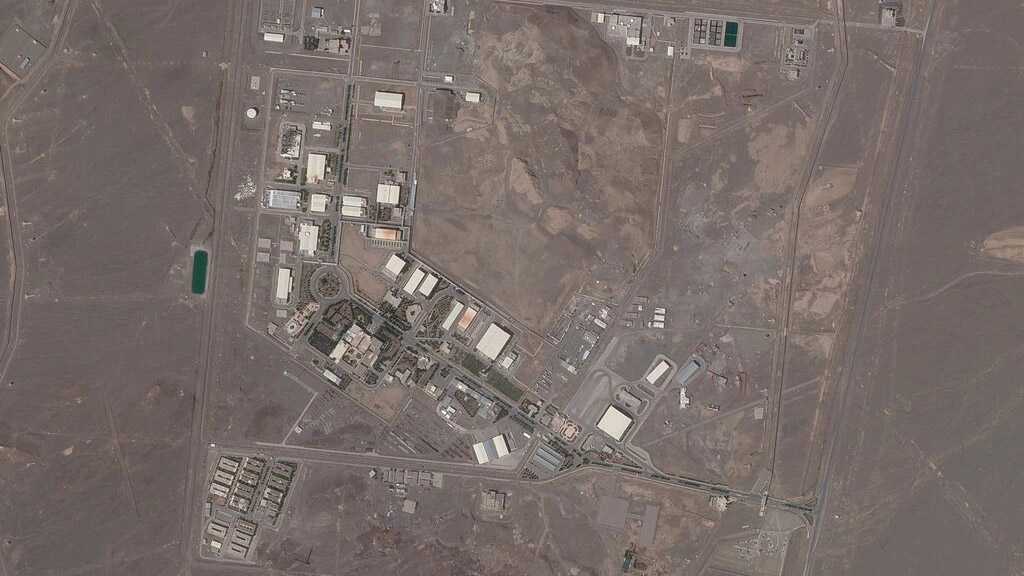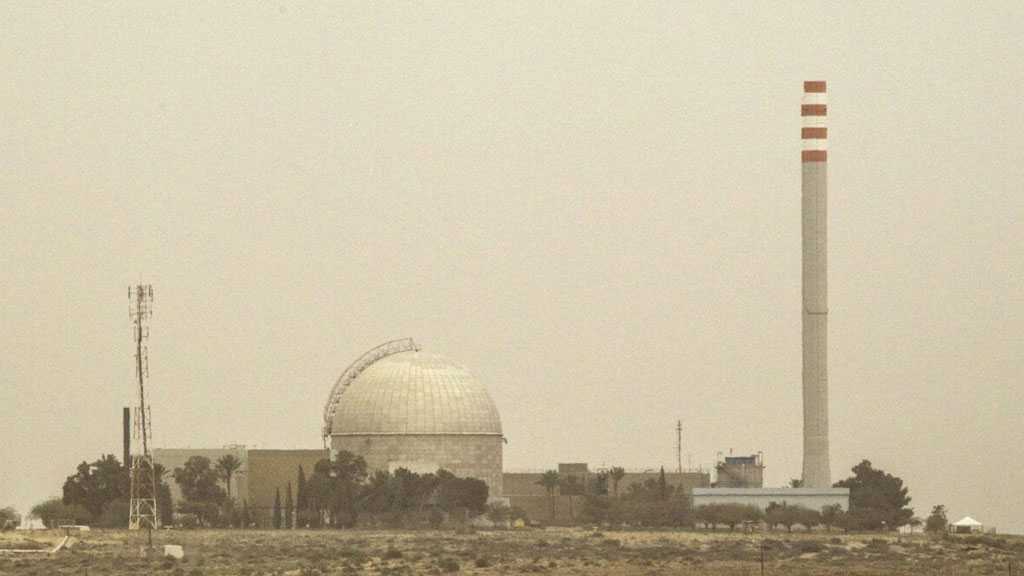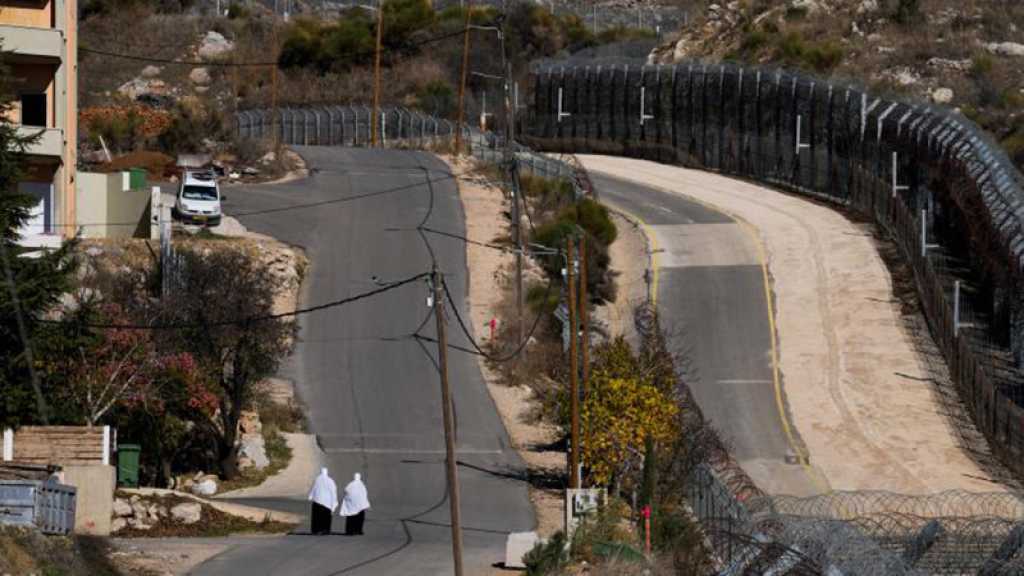NYT: “Israel’s” Spy Agency Snubbed the US, Trust Broken

By Staff, Agencies
A new report says the “Israeli” regime gave the administration of US President Joe Biden a last-minute notice before an act of sabotage that caused a power outage at Iran's Natanz nuclear facility earlier this year.
Citing unnamed American and “Israeli” sources, the New York Times reported that former Prime Minister Benjamin Netanyahu ordered “Israeli” security officials to reduce the information that they conveyed to the US about planned operations in Iran.
On April 11, when the attack took place at Natnaz nuclear site, the “Israeli” entity’s Mossad spy agency gave the US less than two hours’ notification, far too short a time for Washington to assess the operation or ask Tel Aviv to call it off, according to the report.
“Israeli” sources said they concealed information from their American counterparts because there had been leaks regarding earlier attacks.
Senior Biden administration officials said the “Israelis” violated an unwritten agreement to inform the United States of covert operations.
After the Natanz attack, CIA director William Burns called Mossad chief Yossi Cohen, expressing concern over the snub, the report said.
Cohen claimed that the belated notification was due to operational constraints and uncertainty about when the attack would take place.
One day after the “Israeli” act of nuclear terrorism, White House press secretary Jen Psaki said Washington "was not involved in any manner.”
The US, however, has a history of collaborating with the “Israeli” entity in sabotage acts against Iran.
For example, the Stuxnet computer virus is widely believed to have been developed jointly by the United States and the entity. It was the first publicly known example of a virus being used to attack industrial machinery. It was discovered in 2010 after it was used to attack a uranium enrichment facility at Natanz, Iran.
The April attack occurred less than a week after the first talks began in the Austrian capital, Vienna, on a potential revival of the Joint Comprehensive Plan of Action [JCPOA], something the "Israeli" entity opposes.
Former US president Donald Trump abandoned the agreement and reimposed the anti-Iran sanctions that the JCPOA had lifted. He also placed additional sanctions on Iran under other pretexts not related to the nuclear case as part of the “maximum pressure” campaign.
Following a year of strategic patience, Iran resorted to its legal rights stipulated in Article 26 of the JCPOA, which grants a party the right to suspend its contractual commitments in case of non-compliance by other signatories.
Now, the Biden administration says it wants to compensate for Trump’s mistake and rejoin the accord, but it is showing an overriding propensity for maintaining some of the sanctions as a tool of pressure.
Tehran insists that all sanctions should first be removed in a verifiable manner before the Islamic Republic reverses its remedial measures.
The last-minute notification of the Natanz operation was the starkest example that the entity had changed its procedures since the Trump presidency.
For the American-“Israeli” intelligence relationship, it was another a sharp turnabout.
Comments




